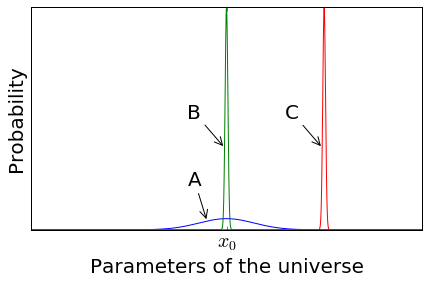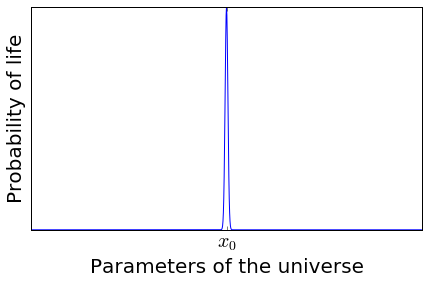Earlier, when I was talking about the death of the New Atheist movement, and I mentioned the idea that New Atheism contained an implicit critique of social justice norms. In social justice, it is common to treat religion as just another axis of oppression, similar to race, gender, or orientation. Religious minorities, such as Muslims, are seen as an oppressed group. However, New Atheism problematized the social justice framing by pointing to the harm caused by religion. New Atheism wanted to make it socially acceptable to argue about religious beliefs.
So, I’m curious how this all rolled out, especially among readers who participated in New Atheism and then shifted towards social justice. How did you view religious minorities around five years ago? Have your views changed since then? If so, why?


